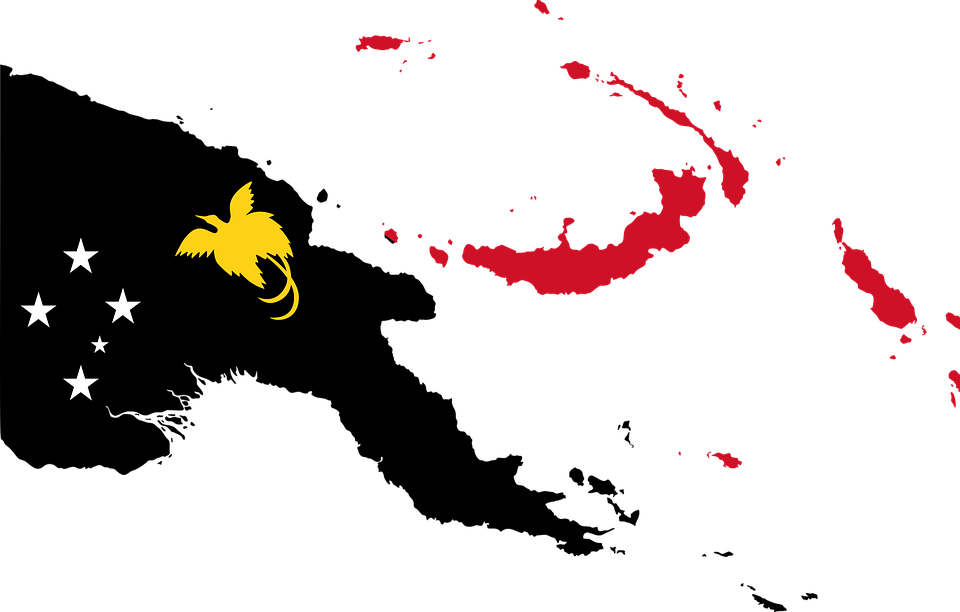President Biden missed an opportunity to personally shore up Washington’s diminishing influence on small but strategic governments in the Indo-Pacific. China’s Foreign Minister Wang Yi recently the Solomon Islands, Kiribati, Samoa, Fiji, Tonga, Vanuatu and Papua New Guinea.
Papua New Guinea’s government was prepared to honor the U.S., even declaring a public holiday for the expected Presidential visit. But the President, who had a lackluster appearance the G-7 meeting in Japan, decided to skip the event.
The Washington Post called Biden’s absence “an unforced error… by pulling out of two vital stops at the last minute, the president ended up sending exactly the opposite signal. This is a shortsighted blunder that Beijing will surely exploit when courting America’s allies and partners in Asia.
According to the United States Institute of Peace, “Around the world, Beijing is investing heavily in diplomatic, security, cultural, and economic ties in a bid to increase its global influence, strengthen its ability to protect and advance its national interests… fracture the global consensus on key issues it views as unfavorable to its geopolitical ambitions. The Pacific Islands region—defined as the vast stretch of Pacific Ocean between Asian littoral waters in the west, Guam in the north and Hawaii in the northeast, and Australia and New Zealand in the south and southwest—has been no exception.”
It’s another misstep in relations in the crucial area, ignoring China’s startling advances.
John D. Kuhns, an entrepreneur who lives and works in Bougainville, stressed that China was using hard-pressure tactics on government officials the region to accept commercial developments that serve as a gateway to expanding Beijing’s influence.
According to American Military News, “Daniel Suidani, an outspoken critic of the Solomon Islands’ closer ties with China, was ousted as premier of Malaita in early February after refusing ‘HUGE’ bribes from Chinese businesses who threatened to have him removed.” Suidani’s ouster was directly orchestrated by China because he refused to yield to their wishes.
Some of the small island nations have resisted. A Foreign Policy study noted that “When China, a country of 1.4 billion people, threatened Palau, a Pacific island nation with a population of just 18,000, to switch its diplomatic ties from Taiwan to Beijing or face economic hardship in 2018, Palau did not budge. The island country remained steadfast even when China dispatched fighter jets across the Taiwan Strait after Palau’s president later visited the island. Its national philosophy can be summed up by the words of the editor of one of Palau’s two newspapers: ‘If we have the power to decide, let’s be the last man standing with Taiwan. [Other] countries will think we don’t just switch; we stay with our friends until the very end.’”
Washington is taking steps to regain some momentum. At a U.S.-Pacific Island Summit in September 2022, the Administration announced a slate of ambitious initiatives that may provide over $810 million in additional expanded area programs.
to meet Pacific priorities. The Biden-Harris Administration is following through on these commitments, including through opening new U.S. embassies in the region in record time and expanding our diplomatic and development engagement to unprecedented levels. The United States is also working together with likeminded partners through the Partners in the Blue Pacific to collectively support Pacific priorities as outlined in the Pacific Islands Forum 2050 Strategy for the Blue Pacific Continent.
During his time in New Guinea, said he would work with Congress for over $7.2 billion in new funding and programs for the Pacific Islands region.
In addition to financial matters, the Biden Administration’s reluctance to adequately fund the U.S. Navy in the face of Beijing’s massive naval buildup continues to be an an issue.
Illustration: Pixabay
